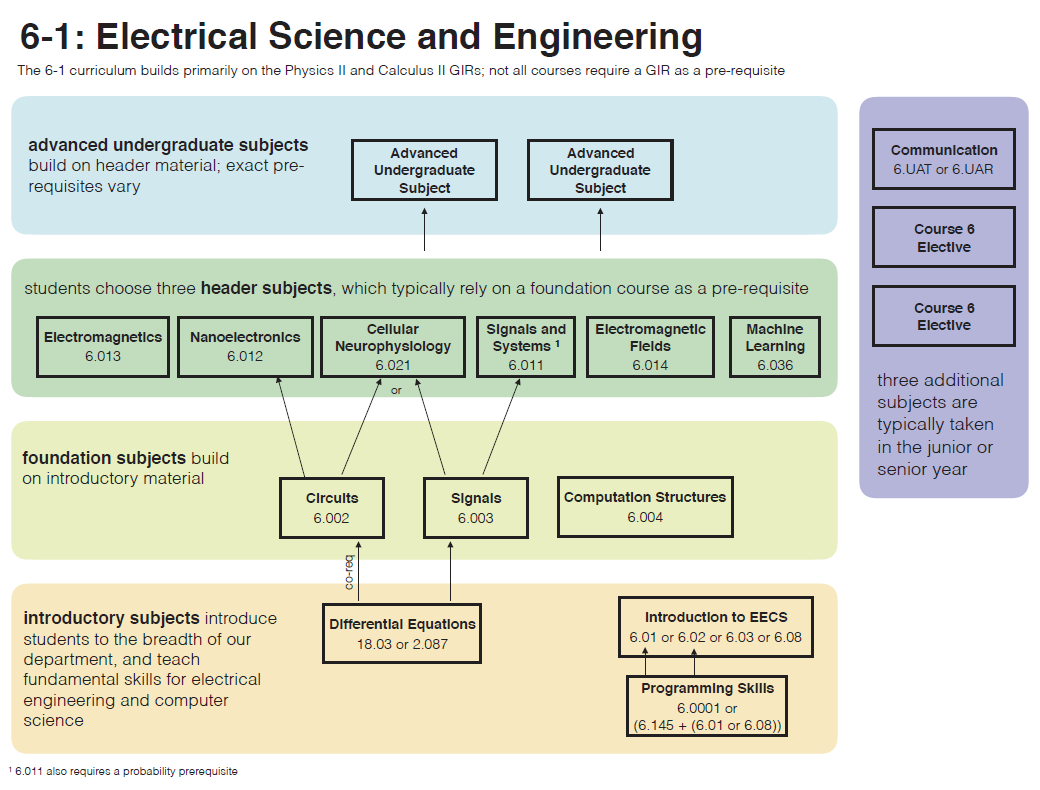Electrical and electronic engineering courses focus on giving you the skills you need to design build and configure electrical circuits and electronic devices.
Electrical and electronic engineering degree syllabus.
If you re one of them the university of bolton offers you a fabulous opportunity to pursue an electrical and electronic engineering degree in its state of the art school of engineering.
Electrical and electronics engineering is offered in various professional courses such as diploma b tech b e.
You ll develop industry skills including how to design construct implement test and evaluate systems through huge amounts of technical and practical experience when you study one of our electrical and electronic engineering courses.
You ll work on projects to develop skills in the design development production maintenance and operation of all things to do with electricity.
In a sector that is evolving engineers need to combine design creativity with scientific analysis to develop the next products and applications.
Electrical and electronic engineering are critical for next generation applications such as autonomous vehicles space technology smart cities and a low carbon economy.
Our university rankings include robotics electrical power and microelectronic engineering.
You ll gain an understanding of engineering in a multidisciplinary context.
You ll develop diverse skills relevant to the needs of industry and today s global challenges.
Electronic engineering is often regarded as a subdivision of electrical engineering.
A guide to the success of graduates on completion of their courses at the university.
This degree allows you to explore several engineering disciplines in year one.
At rmit electrical and electronic engineering courses go beyond the theory and put concepts into practice.
This flexible route is taught across civil electrical electronic and mechanical engineering.
Electrical electronic engineering looks at the application of electricity and electrical systems.
Our electrical and electronic engineering courses provide this grounding with an emphasis on power systems microelectronics and more.
Some of them are electrical or electronic engineers.
Electronic and electrical engineering is the driving force behind many of our systems infrastructure and technologies.
Electrical and electronics engineering incorporates fundamental knowledge in core disciplines such as control systems communications signal processing micro processors radio frequency design electric machines.
Study the bachelor of engineering electrical and electronic honours and be a part of the next generation of electrical and electronic technology.
These professionals have an electrical or electronic engineering degree or qualification.



























